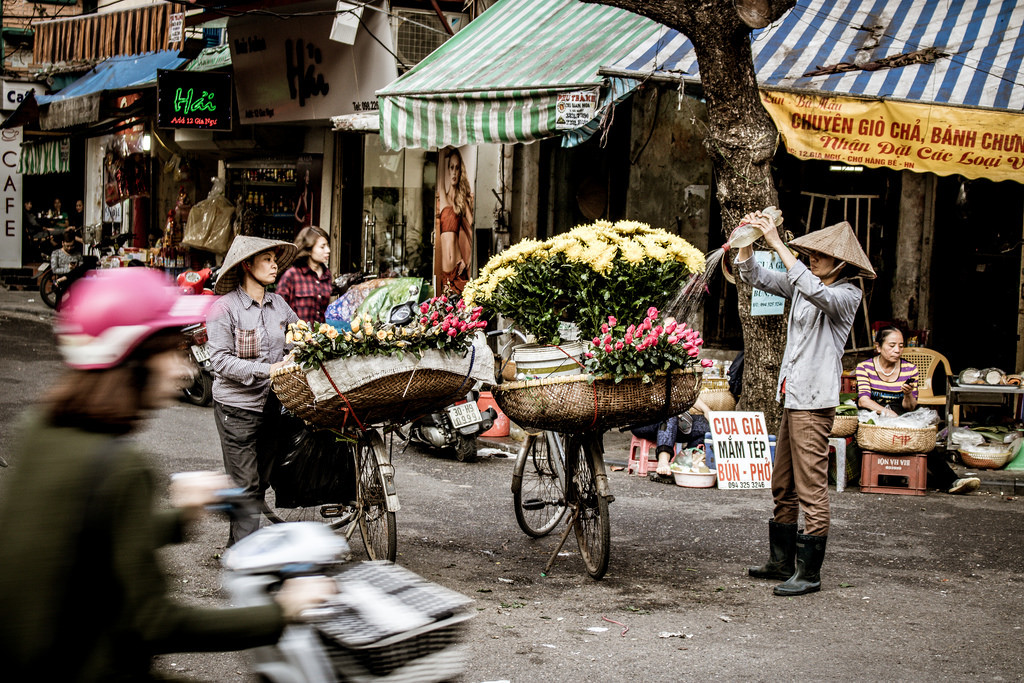European Parliament stresses on human rights as a cornerstone for EU-Vietnam relations – but there should be more
Published: Nov 16, 2018 Reading time: 2 minutes Share: Share an articleThe recently adopted European Parliament Resolution on Vietnam calls for the EU and its Member States’ commitment to human rights oversight and improvement in Vietnam, and rightfully so.

People in Need welcomes the adoption of the European Parliament Resolution of 15 November 2018 on Vietnam, notably the situation of political prisoners. The Resolution correctly points out some of the major, both judicial and extrajudicial, human rights violations targeting peaceful dissidents, human rights defenders and religious groups in Vietnam. These include the draconian imprisonments of some peaceful activists and members of civil society under the sweeping Criminal Code, and the highly restrictive Cybersecurity Law to come into effect in 2019.
Unfortunately, there is more to what has already been demonstrated in the Resolution. Tran Thi Nga, also known as Thuy Nga, is currently serving her 9-year sentence for her activism involving the 2016 marine life crisis despite the UN’s condemnation of her detention as arbitrary, and multiple urgent appeals for her release and humane treatment. She has been facing unsafe prison conditions and death threats from her cellmate. She had been denied family visit by October 2018.
Five pro-democracy activists, namely Luu Van Vinh, Nguyen Van Duc Do, Phan Trung, Tu Cong Nghia, and Nguyen Quoc Hoan, were sentenced to a total of 57 years in prison on October 5, 2018 for “carrying out activities that aim to overthrow the people’s administration” in an unfair trial for simply exercising their fundamental rights.
Vietnam’s attitude towards international human rights institutions and their personnel is evidently hostile. Amnesty International’s Senior Director of Global Operations, Minar Pimple, and the International Federation for Human Rights (FIDH)’s Secretary General, Debbie Stothard were denied entry to Hanoi, on their way to speaking at the World Economic Forum held there in September 2018.
Such situation should warrant the European Parliament to place human rights at the heart of the bilateral relations between Vietnam and the Union, together with all their agreements, including the pending EU-Vietnam Free Trade Agreement (EVFTA), instead of being solely “in the view of” them.
The European Commission described the EVFTA as “the most ambitious free trade deal ever concluded with a developing country,” with an over-99% removal of customs duties on exports in both directions. The EVFTA comes in midst or rising criticisms against Vietnam’s deteriorating human rights record and lack of cooperation with international human rights organizations. The finalization of EVFTA, expected to be by autumn 2019, requires the European Parliament’s approval.


